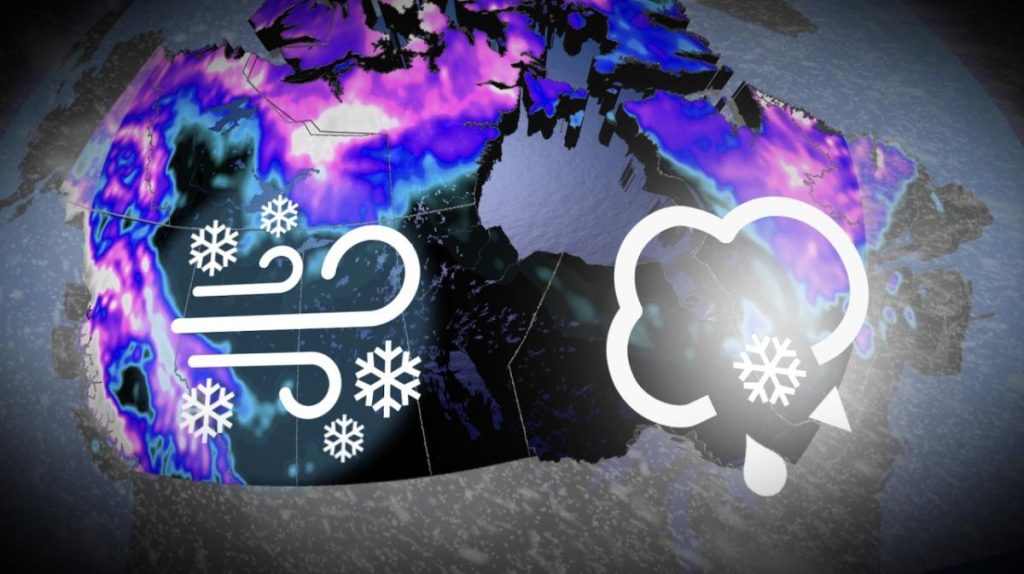Canada experienced an exceptionally mild winter last year, with record-breaking warmer temperatures across the country. This year, the global pattern is different, with ocean water temperatures indicating a developing La Niña event, the opposite of El Niño. While El Niño events typically bring mild temperatures to Canada, the effects of La Niña are more variable. Recent history shows that weak La Niña events usually lead to a strong start to winter, with colder than normal temperatures beginning as early as November in some years. This suggests that winter may show up early this year, although a widespread cold pattern like that seen in the past is unlikely.
The upcoming winter forecast will depend on whether the La Niña conditions remain weak or evolve into a central or eastern Pacific-based event. In the past, central Pacific-based La Niña events have led to milder temperatures in central and eastern Canada, while eastern Pacific-based events have resulted in colder temperatures continuing through February. The current evidence suggests a hybrid event, with alternating scenarios possible throughout the winter. While some areas may experience a repeat of last year’s mild winter, Canada as a whole is not likely to see another record-breaking warm winter. Winter is expected to show up in December, with ski areas across Canada likely to benefit from more wintry conditions leading up to Christmas and New Year.
The winter forecast for 2024-25 will be released on November 27, providing more detailed predictions for the season. Due to the variability in La Niña effects, it is difficult to predict exactly how the winter will unfold beyond December. However, historical trends suggest that milder temperatures may dominate central and eastern Canada during January and February, with colder temperatures persisting in western Canada. The upcoming winter may feature alternating periods resembling both scenarios, making it challenging to pinpoint a definitive forecast at this time. Overall, the expectation is that winter will make an appearance in Canada, attempting to salvage its reputation after the exceptionally warm winter experienced last year.
While it is too early to predict whether specific regions will see a white Christmas, the weeks leading up to the holiday season are expected to be more wintry than last year and other recent Decembers. Ski enthusiasts can look forward to improved conditions for winter sports, as colder temperatures are forecasted for December. The impact of La Niña on the winter weather patterns in Canada will depend on whether the event remains weak or develops into a more pronounced central or eastern Pacific-based event. The upcoming season may feature a combination of milder and colder periods, with certain regions experiencing more wintry conditions than others. The official 2024-25 Winter Forecast will provide more insights into what Canadians can expect for the winter season ahead.


